Interested in party competition, social identities, and climate politics in Europe and beyond.
www.johnmichaelis.com
Took part in discussions on Europe’s energy transition and its bottlenecks — not my main field but a great opportunity to collaborate with interesting and engaged people that care about tackling big challenges our societies face

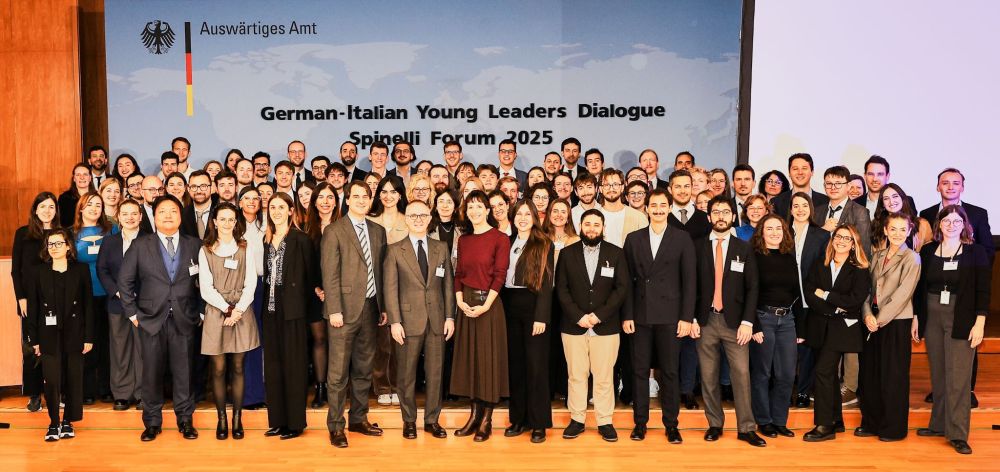
Took part in discussions on Europe’s energy transition and its bottlenecks — not my main field but a great opportunity to collaborate with interesting and engaged people that care about tackling big challenges our societies face
Not sure EUI’s remote location justifies the Los Alamos analogy. And beware the Florentine temptations! Might be too distracting for us to produce relevant work…

Not sure EUI’s remote location justifies the Los Alamos analogy. And beware the Florentine temptations! Might be too distracting for us to produce relevant work…

Across Europe, populist far-right parties have increasingly mobilized against climate policy, but this opposition is far from uniform.
I aim to understand what drives this variation, and the implications that follow.

Across Europe, populist far-right parties have increasingly mobilized against climate policy, but this opposition is far from uniform.
I aim to understand what drives this variation, and the implications that follow.
First surprise: CDU gets the foreign office - which traditionally goes to the smaller coalition partner. Makes a lot of sense and was speculated but I wouldn’t have bet on it. Also means that SPD (Pistorius…) gets defence.
www.spiegel.de/politik/deut...

First surprise: CDU gets the foreign office - which traditionally goes to the smaller coalition partner. Makes a lot of sense and was speculated but I wouldn’t have bet on it. Also means that SPD (Pistorius…) gets defence.
www.spiegel.de/politik/deut...

€100bn of the €500bn infrastructure package will go to climate spending and the legal text will include language on additionality.
Balanced outcome—and a big win for both Germany and Europe.
Early results in the coalition talks now show that there’s a real risk that the incoming government could still squander this.
1/X
€100bn of the €500bn infrastructure package will go to climate spending and the legal text will include language on additionality.
Balanced outcome—and a big win for both Germany and Europe.
100 of the 500bn will go into a climate fund. www.rnd.de/politik/live...
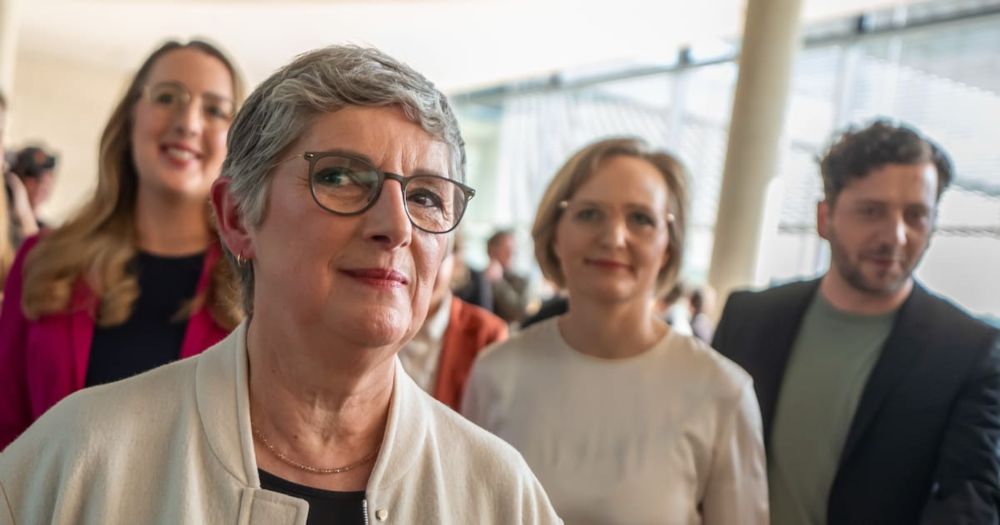
100 of the 500bn will go into a climate fund. www.rnd.de/politik/live...
At least 16 termination letters have already been sent — and hundreds more are coming, people inside NIH tell me.
www.nature.com/articles/d41...
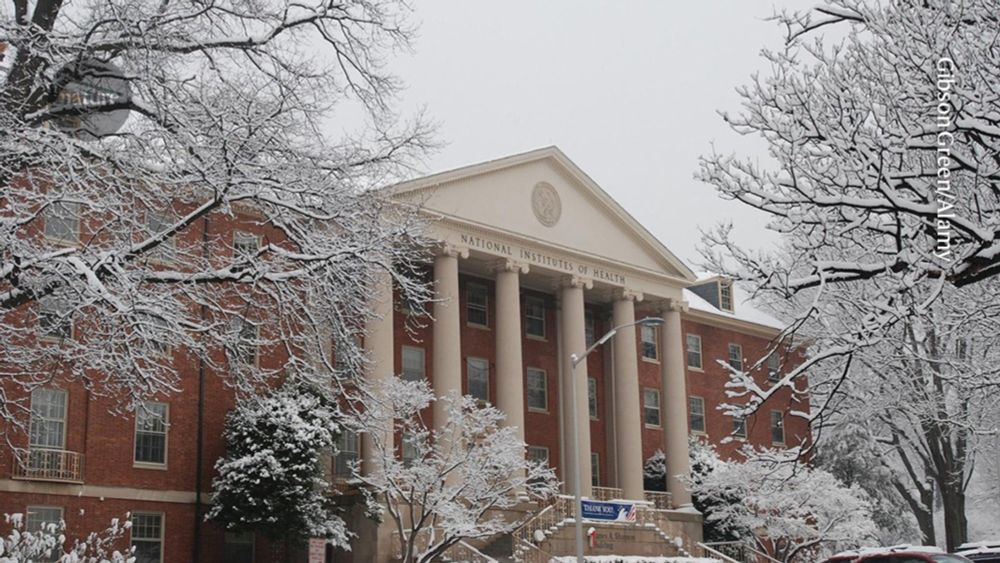
At least 16 termination letters have already been sent — and hundreds more are coming, people inside NIH tell me.
www.nature.com/articles/d41...

politicscentre.nuffield.ox.ac.uk/media/kiunmf...


politicscentre.nuffield.ox.ac.uk/media/kiunmf...
Here is what it means:
Here is what it means:
Their most important role may be for the CDU: to have an alternative negotiating partner to the SPD.
1) does the CDU cross 30% & how large is the gap to the AfD?
2) is there a majority of seats for a CDU-SPD coalition? This is the easiest (but by no means easy) coalition to negotiate.
3) are FDP and BSW in or out?
4) how well does die Linke do?
Their most important role may be for the CDU: to have an alternative negotiating partner to the SPD.
But an anthem’s raison d‘être is to be unifying. It became a source of division and thus had to go.

But an anthem’s raison d‘être is to be unifying. It became a source of division and thus had to go.
arstechnica.com/science/2025...
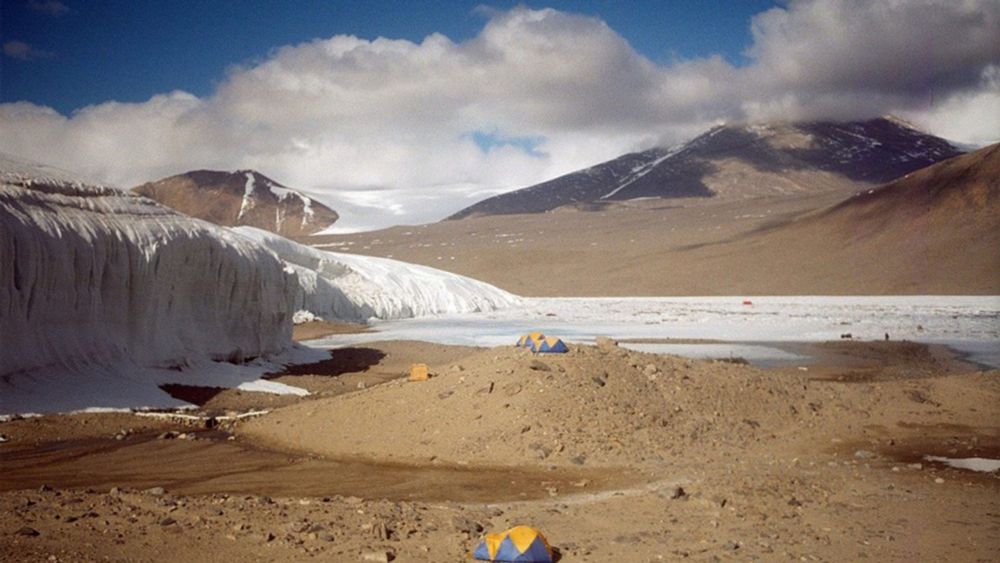
arstechnica.com/science/2025...
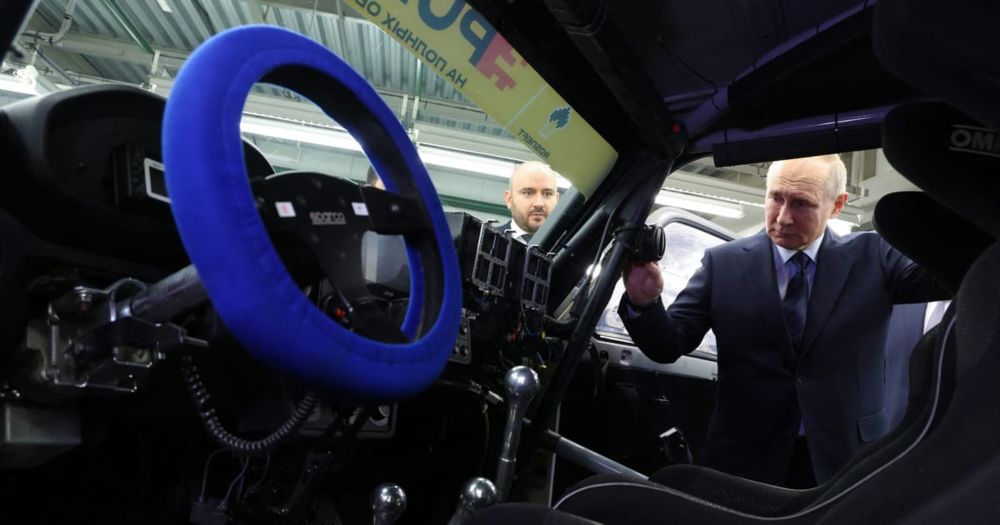
Good to remember that 2019 was not a particularly great year for the German economy, which shows that many of the issues it faces have little to do with the (very real) 2022 energy shock, that only hit years later.
German and Chinese net auto exports before and after the Covid-19 pandemic.
As Brad put it nicely: "Germany never recovered. China never looked back."
The chart also shows....
1/x
Good to remember that 2019 was not a particularly great year for the German economy, which shows that many of the issues it faces have little to do with the (very real) 2022 energy shock, that only hit years later.


